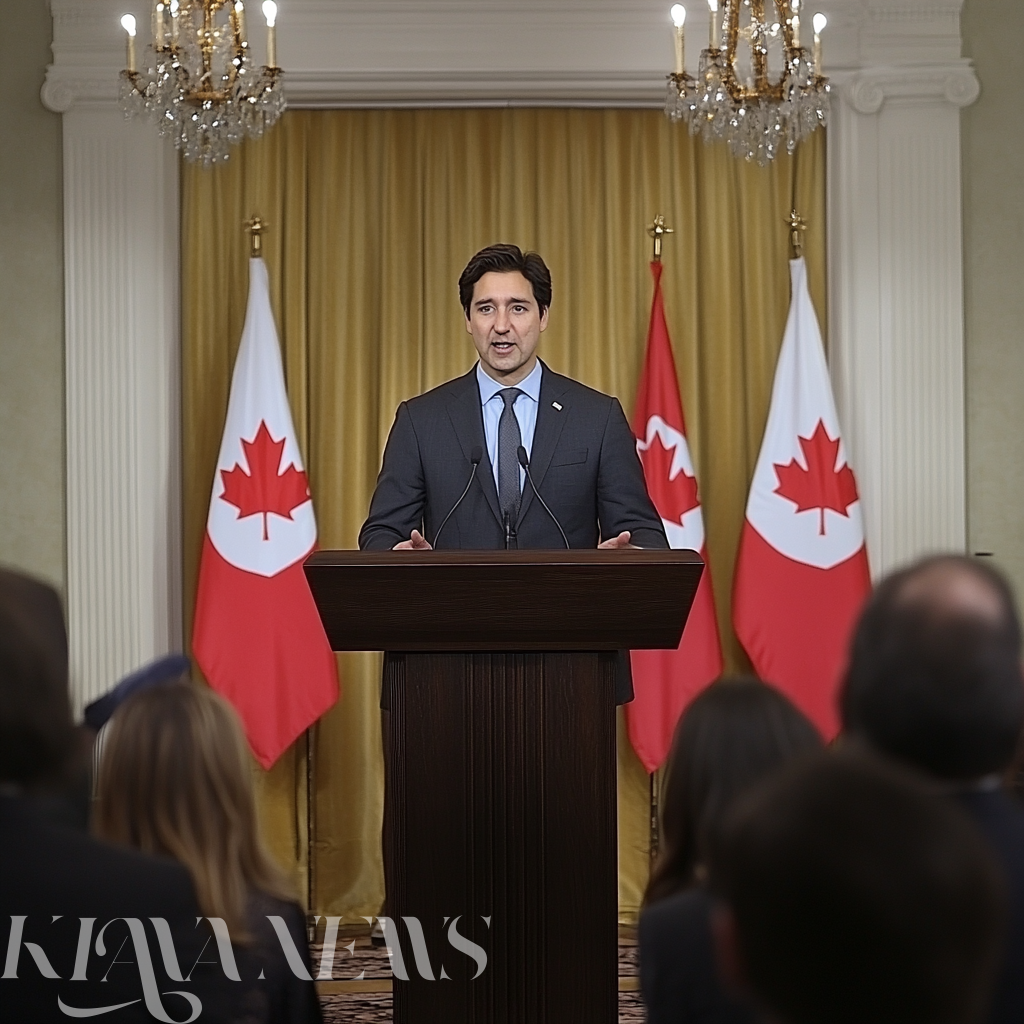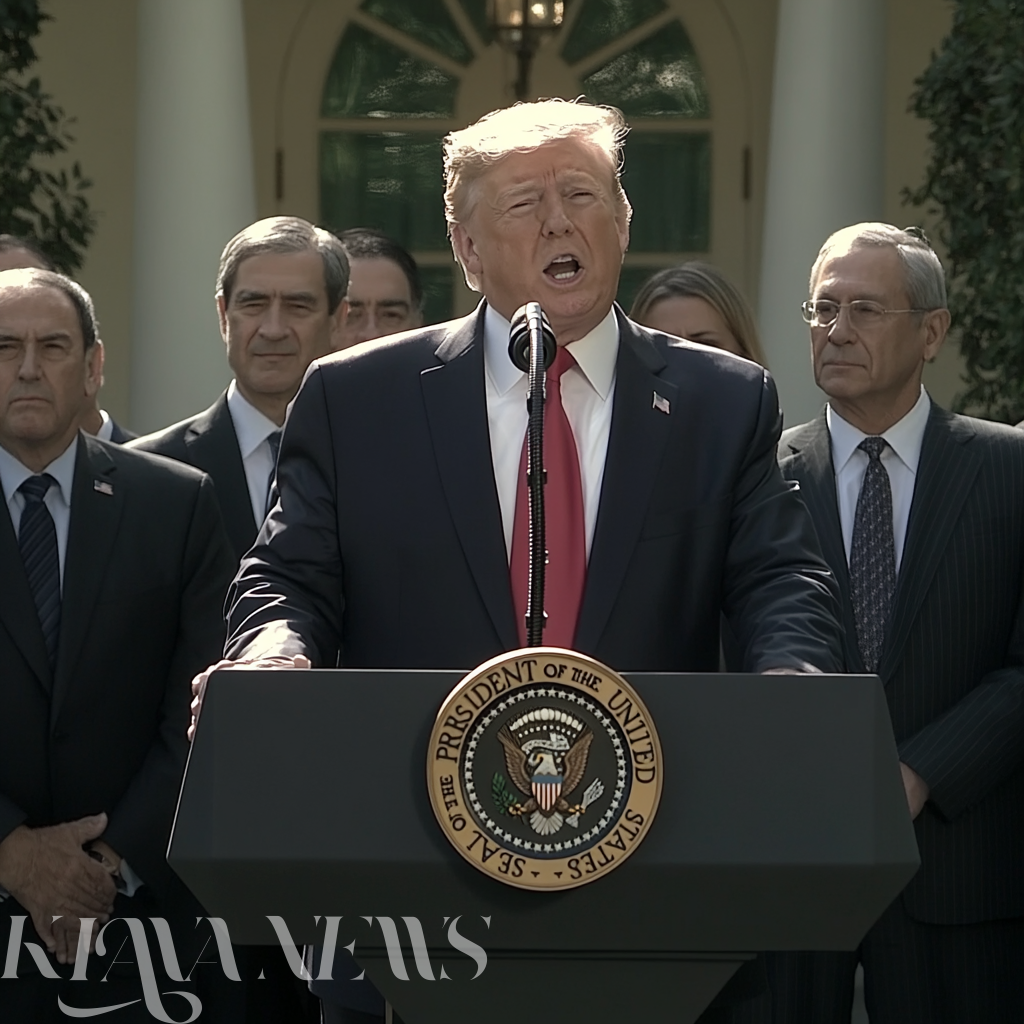Washington, D.C. – President Donald Trump has announced a temporary 30-day suspension of tariffs on imports from Canada and Mexico after both countries pledged to strengthen border security measures and combat drug trafficking. The decision marks a temporary easing of tensions following a week of escalating trade disputes that threatened to disrupt North American commerce.
Tariff Suspension and Border Security Agreements
The Trump administration initially imposed a 25% tariff on all imports from Mexico and most Canadian goods, alongside a 10% tariff on Canadian energy products. However, after negotiations, both Canada and Mexico agreed to implement new security measures:
- Canada will appoint a fentanyl czar, designate Mexican drug cartels as terrorist organizations, and create a Canada-U.S. Joint Strike Force to combat organized crime, money laundering, and drug smuggling.
- Mexico will deploy 10,000 National Guard troops to strengthen its northern border and curb illegal crossings into the U.S.
President Trump confirmed the tariff pause on his social media account, stating, “FAIRNESS FOR ALL! The tariffs will be paused for 30 days while we negotiate a final economic deal.”
Reactions from Canada, Mexico, and Business Leaders
Canadian Prime Minister Justin Trudeau welcomed the temporary halt, stating that his government remains committed to addressing border security concerns while maintaining strong economic ties with the U.S. However, some Canadian officials remain cautious, fearing the tariffs could be reimposed if negotiations stall.

In Mexico, President Claudia Sheinbaum reinforced Mexico’s commitment to border security, emphasizing that her administration is taking steps to strengthen national enforcement. She also urged the U.S. to stop the illegal flow of high-powered weapons into Mexico.
Economic and Trade Implications
While the pause provides temporary relief, businesses remain wary of future tariff escalations. The U.S. Chamber of Commerce warned that the tariffs, if reinstated, could increase consumer prices, disrupt supply chains, and impact key industries such as automotive, agriculture, and energy.
Stock markets showed minor fluctuations following the announcement, with many investors cautiously optimistic that negotiations will prevent a full-blown trade war.
China Tariffs Remain in Place
Despite the tariff suspension on Canada and Mexico, Trump confirmed that the 10% tariffs on Chinese imports will go into effect as scheduled. He also hinted at additional import taxes on the European Union, further escalating trade tensions.
The coming weeks will be critical as North America’s three largest economies negotiate a long-term resolution. If agreements on border enforcement and trade policies are not finalized within 30 days, Trump has indicated that the tariffs could be reimposed.



